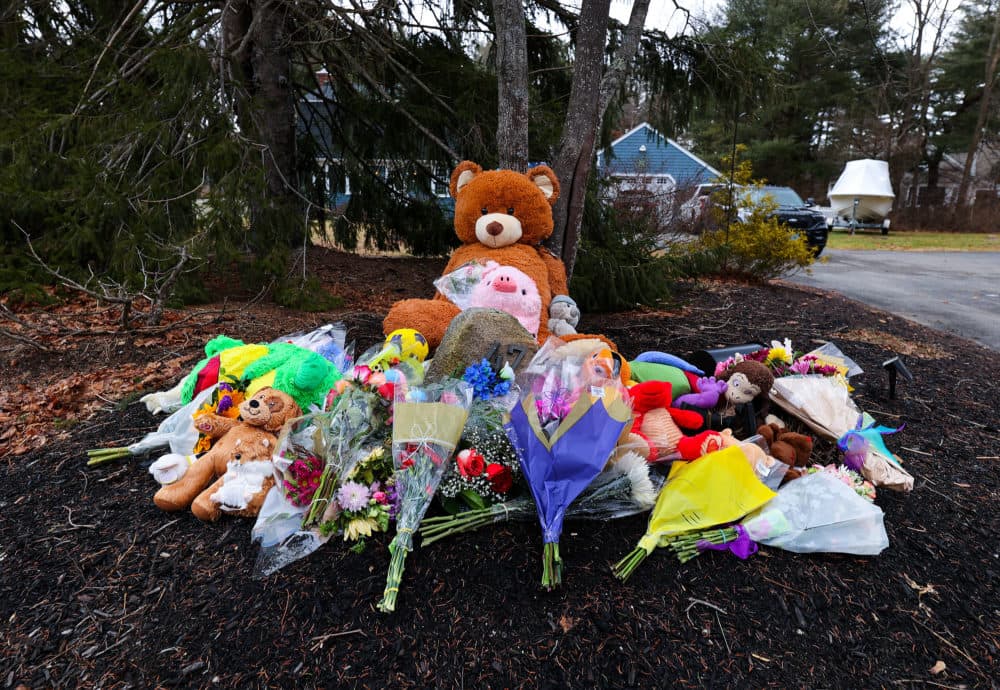BeginnerSleuther
Verified Physician
- Joined
- Sep 17, 2020
- Messages
- 2,660
- Reaction score
- 22,336
"I do not know a better mother than Lindsay Clancy. She lived and breathed for her children," said nurse Erika Sevieri.
"I could have been Lindsay. Anyone of us could have been," nurse Susan Davison wrote.
"We are all in shock," said nurse Mary Pomerleau.
From vouching for her character to slamming her list of medications, telling their own stories of postpartum struggles and putting forth alternative theories, dozens of letters from friends and strangers in support of Lindsay Clancy were unsealed in court this week.
The letters requested by The Patriot Ledger, all sent to her defense attorney Kevin Reddington, come from as far away as the United Kingdom and all have a single thing in common: They say Lindsay Clancy cannot be held responsible for the death of her three children in Duxbury.
Several doctors and strangers with medical experience wrote to Reddington to suggest Lindsay was suffering from akathisia, a term used to describe the extreme effects of certain antipsychotic and antidepressant drugs. Others said the list of drugs she was taking − which included Prozac, Zoloft, trazodone, Valium and Klonopin − should have never been prescribed.

Unsealed court documents reveal dozens of letters in support of Lindsay Clancy
Dozens of letters from friends and strangers in support of Lindsay Clancy were unsealed in court this week.www.patriotledger.com
Akathisia?
Neither akathisia nor TD will cause you to kill someone. Think of akathisia as being similar to restless legs (it's not the same, but it's that kind of thing). It has nothing to do with your interpretation of reality.

